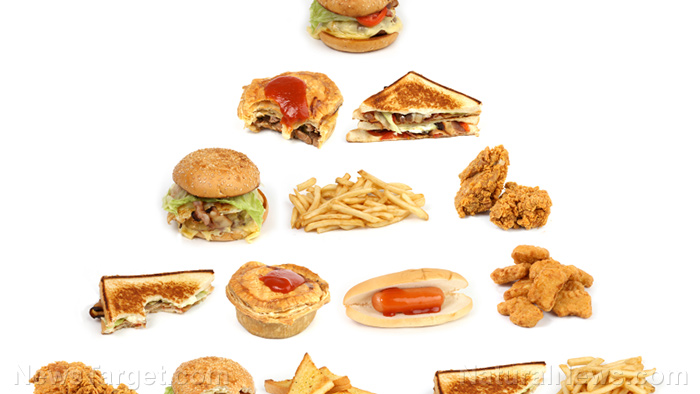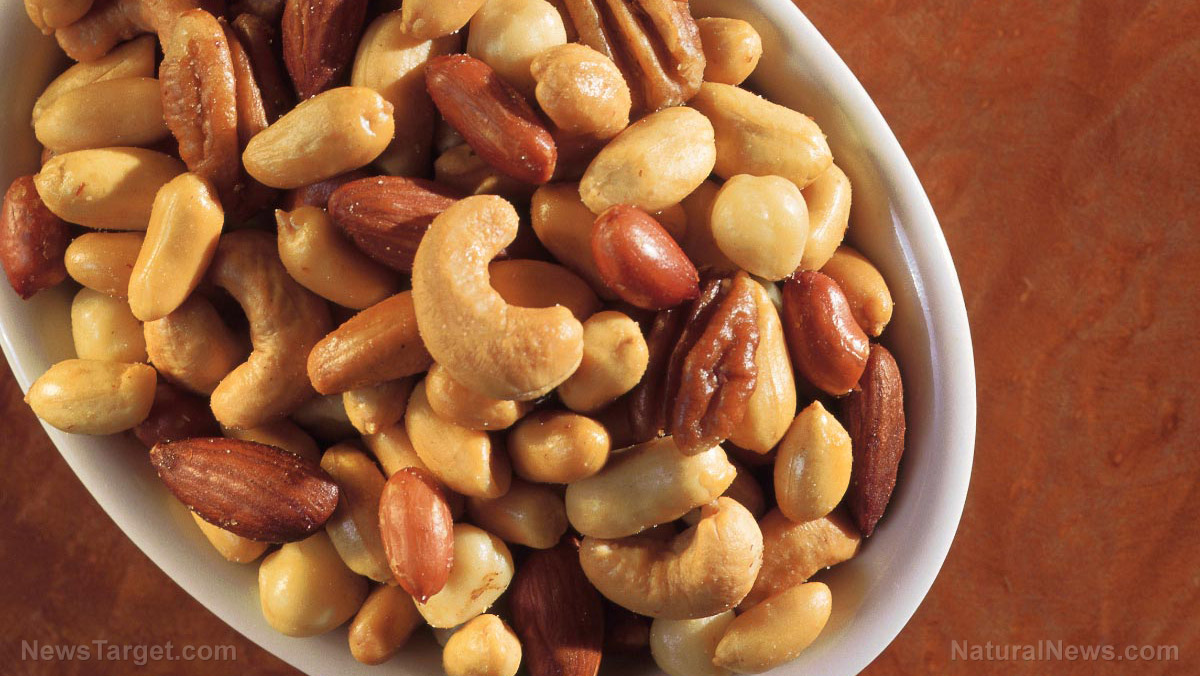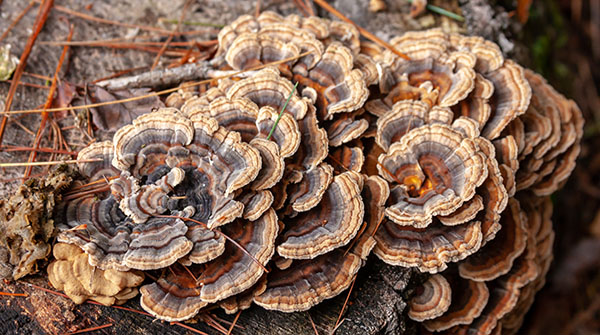
Kidney beans
One pound of kidney beans can net you 1,520 calories. Kidney beans will need well-drained soil that's filled with microorganisms that can nourish them with nitrogen. A family of four will need around 30 bean plants. Plant them during the last frost in spring in a location where they can get lots of sunlight.
Carrots
A pound of carrots will give you 186 calories. Carrots thrive in loose and well-drained soil that has been given compost and manure. They will take seven to 21 days to germinate and will take a total of 70 to 80 days to mature. Around 80 to 100 carrots can sustain a family of four.
Potatoes
Depending on the variety, potatoes can give you between 349 to 358 calories per pound. Potatoes grow well in slightly acidic, loose, well-drained and composted soil. If you're in a warm region, you can plant potatoes during the winter. If grown properly, one potato plant can yield you around three to five pounds of this wonderful vegetable. You can even increase your yield by learning how to plant potatoes in car tires.
Peas
One pound of regular peas will give you 368 calories. Furthermore, 100 grams alone can give you 51 percent of your recommended daily allowance (RDA) of protein. Peas require rich, well-drained soil that's been enriched with compost. Make sure you have a lot of space in your garden for them. You can feed one person in your household with around 25 pea plants, and each plant can give you between 50 to 80 individual peas.
Cherry tomatoes
A pound of cherry tomatoes gives you 454 calories. They will need eight hours of sun per day as well as well-drained and composted loam. To further increase your yield, provide them with some natural fertilizer every week. Plant around four bushes per person in your household. Each plant will yield around 100 or more cherry tomatoes.
Shallots
A cousin of the onion, shallots are filled with calories. One pound of shallots provides 327 calories. They prefer slightly acidic, loose, well-drained and composted loam. Shallots prefer cool weather, but they will only start germinating when the temperature of the soil is around 35 to 50 degrees Fahrenheit. One plant produces between four to 12 usable shallots that are ready to harvest after 60 to 120 days. 24 shallot plants can feed a family of four.
Corn
One pound of this staple can provide a whopping 1,657 calories. Corn grows well in well-drained and loamy soil with a neutral pH. For maximum yield, plant your corn one and a half to two inches deep, four to six inches apart and in rows that are between 30 to 36 inches from each other. To feed a family of four and to give you an emergency supply of corn for winter, grow around 80 plants.
Sweet potatoes
One pound of sweet potatoes gives you around 390 calories. They need well-drained sandy loam. This will allow the tubers to expand underground. Plant them when all danger of frost is gone in a location with lots of sunshine. Sweet potatoes need a long growing period of between 90 to 170 days.
Beetroot
A pound of beets nets you 186 calories. They need loose and well-drained soil. Beets need to be planted when the weather is warm. Around 60 beets is enough for a family of four. (Related: Beets make for a pretty decent survival food.)
Chickpeas
Chickpeas are filled with a lot of calories. One pound can give you 1,651 calories. As with all legumes, chickpeas thrive in moist, well-drained soil that has plenty of microorganisms. They need to be planted after the last frost in spring, but you can get a head start by growing seedlings in pots and then replanting them outside once the weather starts to change. You will need around 12 plants for a family of four. Harvest chickpeas while they're still green so you can get half a pound to one and a half pounds of chickpeas per plant.
The average person needs between 2,000 and 2,500 calories per day. By planting any one of these ten high-calorie survival plants, you increase your chances of surviving during a disaster.
Sources include:
Please contact us for more information.























